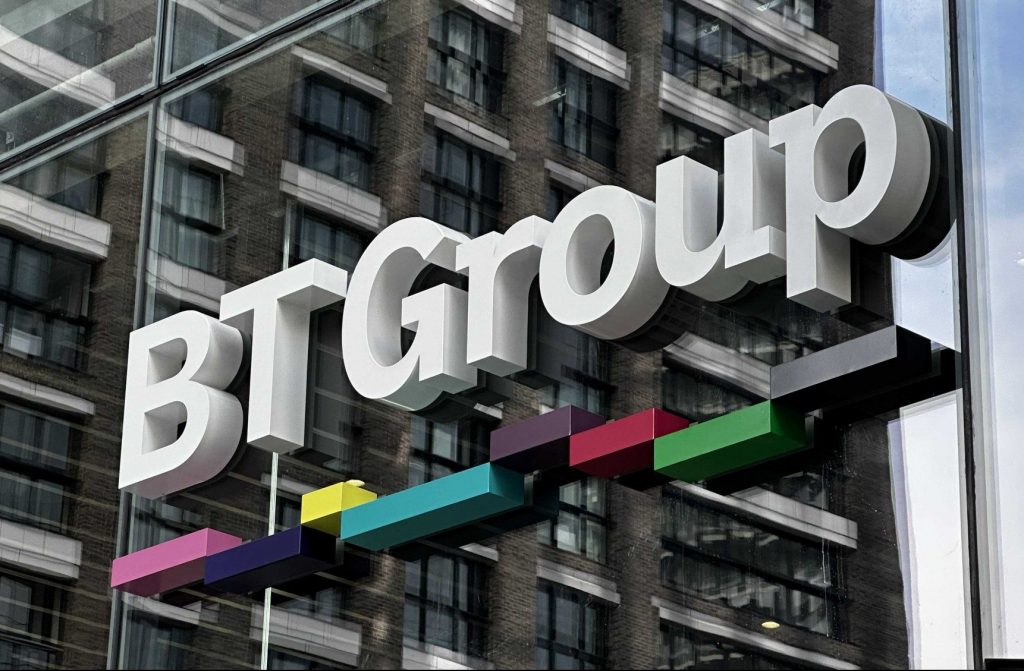BT: Tough gig
July 31, 2023

BT has a new CEO in Allison Kirkby, though she is not new to the company having served as a NED since 2019, the same time Philip Jansen became CEO.
BT is the definition of a lacklustre stock. This despite being in a major growth area and holding a huge market share. It is, to some extent, a mystery why it can’t convert its advantages to better performance and stock price – the shares are down 25 per cent this year alone.
It has never fully recovered from the accounting scandal in 2016, when corruption was uncovered in the Italy office of BT International. It has also been damaged by its long-term resistance to properly dividing up its service and the means of its provision, (and everyone else’s), through Openreach.
This points to its (perhaps) incurable inclination to act as an incumbent. Rather than engage with the new reality of a competitive market by focusing hard on delivery and value for money, it would rather do, more or less, anything else.
When it came to providing a decent, fast, broadband connection to homes in the UK in a timely manner, it decided to make do with a patchwork of some fibre but mostly copper at internationally low speeds. That left it vulnerable to better, faster, competitors, so it spent billions on football and other rights then retailed them at low (no) margin if you took [continued to put up with] its relatively poor service. Indeed, it added insult to injury by continually stating there was no need, and no demand for, faster broadband services.
This, at least, was put right by Jansen, who U-turned, partly because Brexit politicians had thrown ‘superfast broadband for all’ into the basket of deplorable deceptions that made up the ‘Leave’ case. At last, properly separated (at least legally), Openreach has set about laying fibre nationwide. Indeed, when Jansen recently, and slightly bizarrely, claimed future cost-cutting (i.e., bait for shareholders) would be so severe – aided by AI – that 50,000+ jobs would be cut, it turned out most of these will be with contractors working for Openreach on the roll out, which will complete over the same period.
So, what now? By comparison to its international competitors BT is a small player, and lack of scale will always hamper its potential. Openreach should have been sold-off and completely separated years ago. The main reason it wasn’t was wrangling over which part of BT would take responsibility for the underfunded legacy (from the UK Post Office) pension scheme that is a major burden on the company.
This ‘poison pill’ of the massive deficit (BT has an aim of being in balance by 2034) has also warded off foreign takeovers. Governments’ increasing nervousness of foreign takeovers on security grounds may also come to its aid. It has also been lucky with its suitors – Altice has built a 24.5 per cent stake – but this now looks like a bet on an upside, as any bid would definitely run into trouble, given that company’s problems elsewhere.
But BT’s luck could still run out. If the stock falls further, and that coincides with a weak pound, whatever the problems, BT could look like value.
Other posts by Nick Snow:
